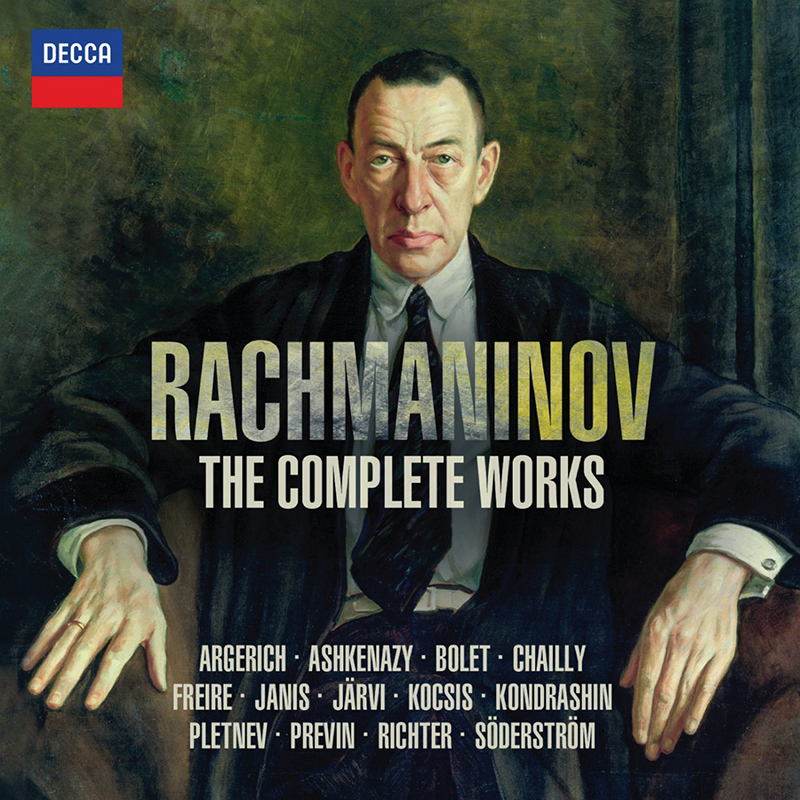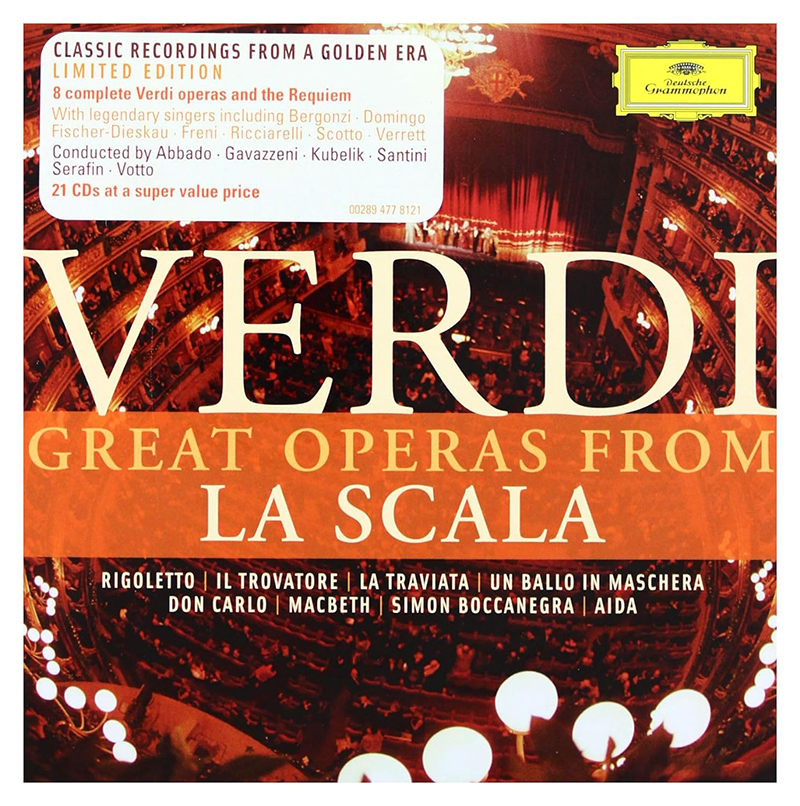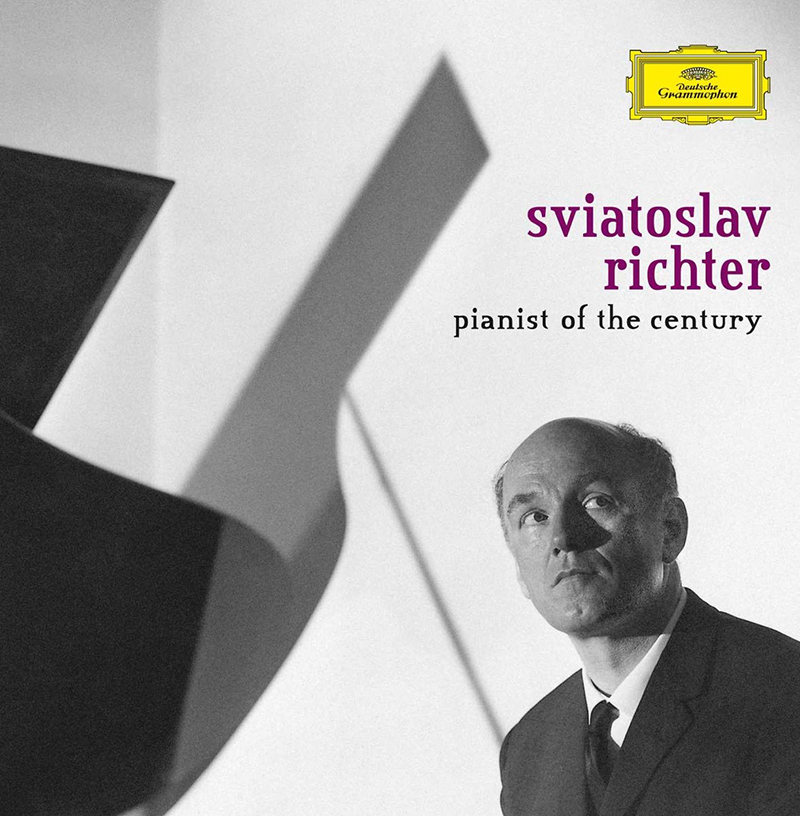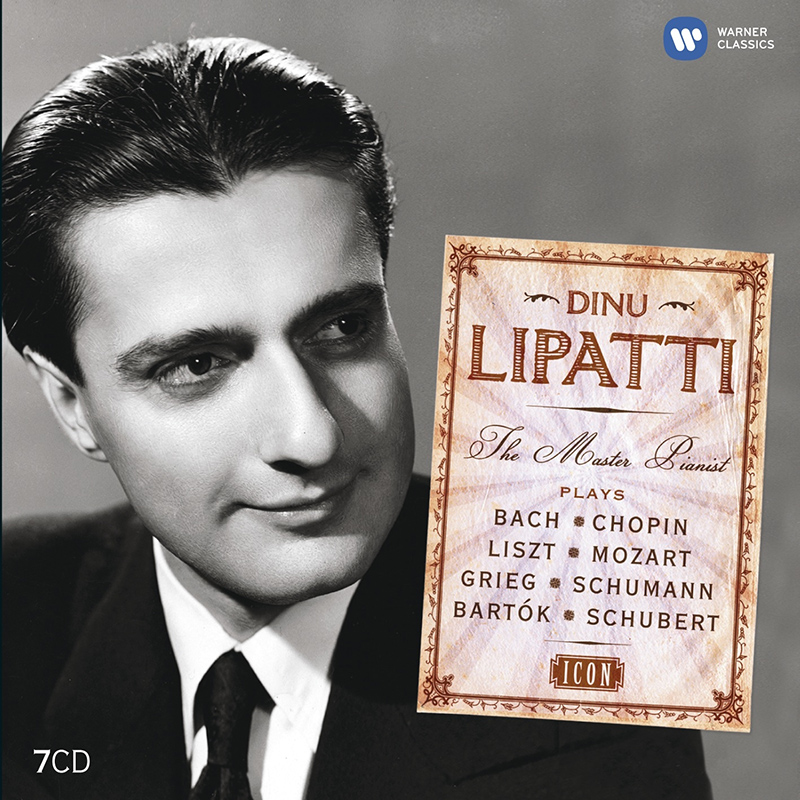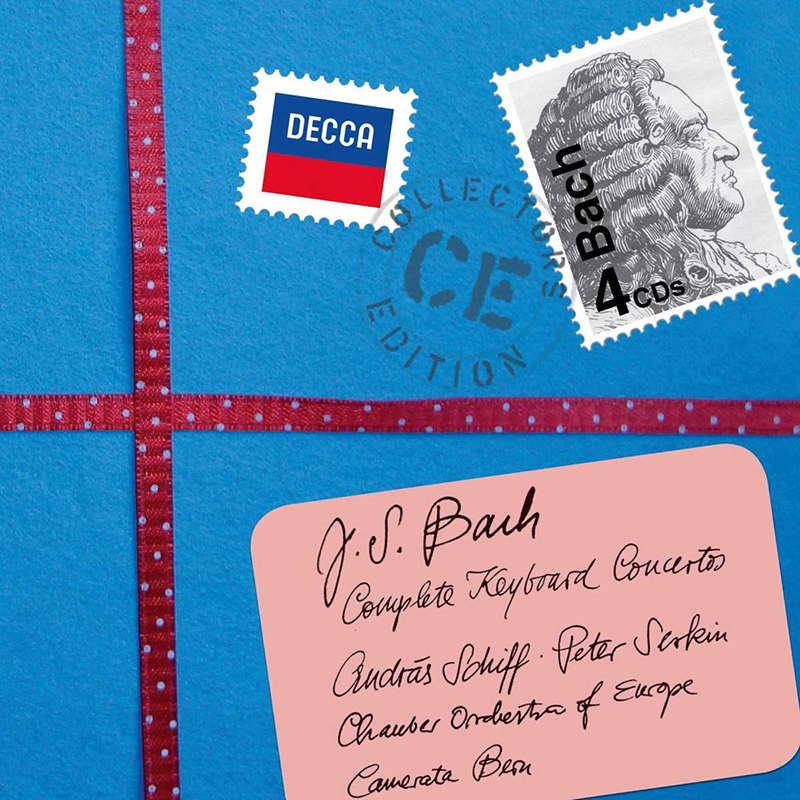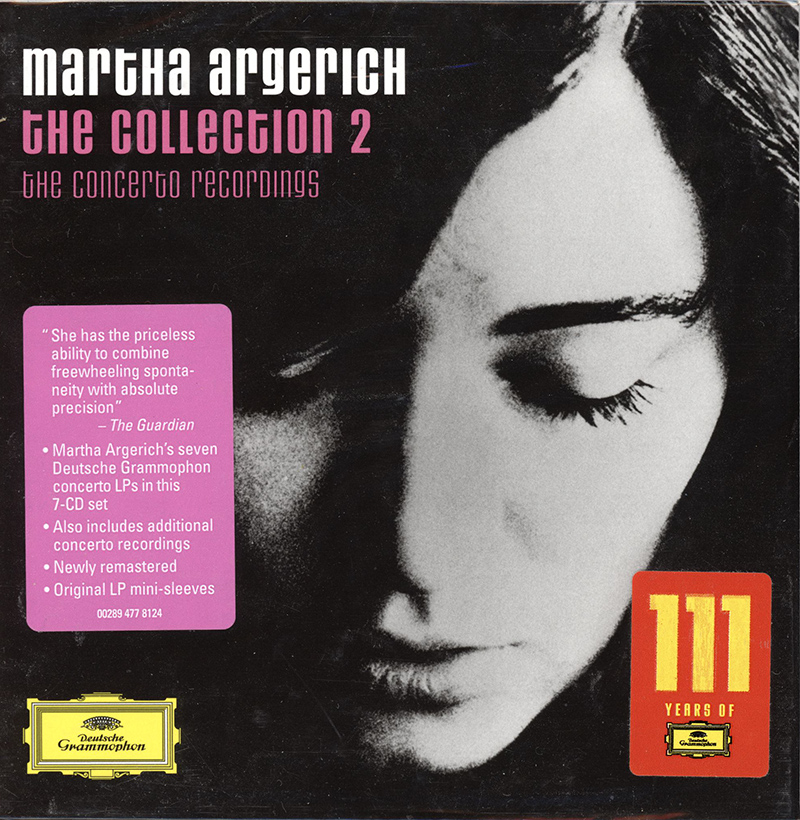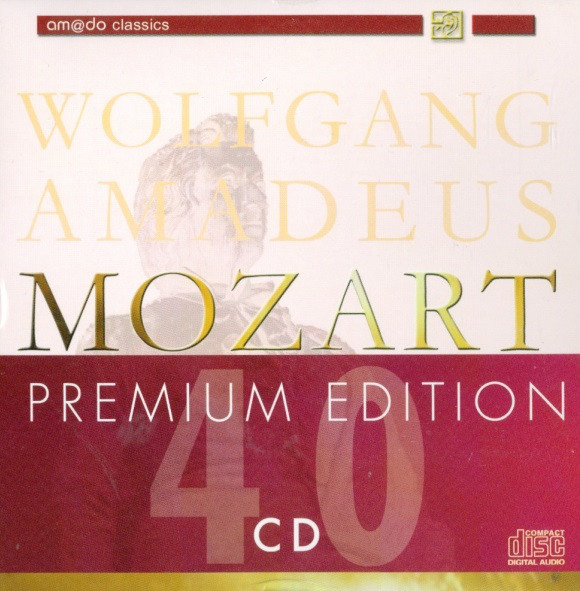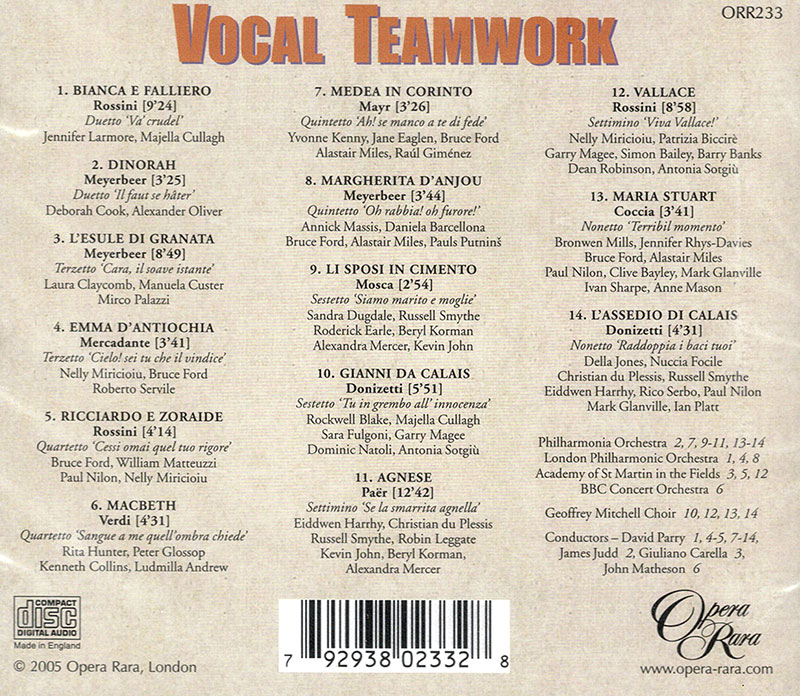Logowanie
KOLEKCJE!
BACH, CHOPIN, LISZT, MOZART, GRIEG, Dinu Lipatti, Otto Ackermann, Ernest Ansermet
The Master Pianist
PROKOFIEV, CHOPIN, TCHAIKOVSKY, SCHUMANN, BEETHOVEN, Martha Argerich, Claudio Abbado, Giuseppe Sinopoli
The Concerto Recordings
The Collection 2
Jakość LABORATORYJNA!
ORFF, Gundula Janowitz, Gerhard Stolze, Dietrich-Fischer Dieskau, Deutsche Oper Berlin, Eugen Jochum
Carmina Burana
ESOTERIC - NUMER JEDEN W ŚWIECIE AUDIOFILII I MELOMANÓW - SACD HYBR
Winylowy niezbędnik
ClearAudio
Essence MC
kumulacja zoptymalizowana: najlepsze z najważniejszych i najważniejsze z najlepszych cech przetworników Clearaudio
Direct-To-Disc
PIAZZOLLA, ChamberJam Europe
Tangos del Ángel y del Diablo
Direct-to-Disc ( D2D ) - Numbered Limited Edition
ROSSINI, MEYERBEER, MERCADANTE, VERDI, Bruce Ford, Majella Cullagh
Vocal Teamwork
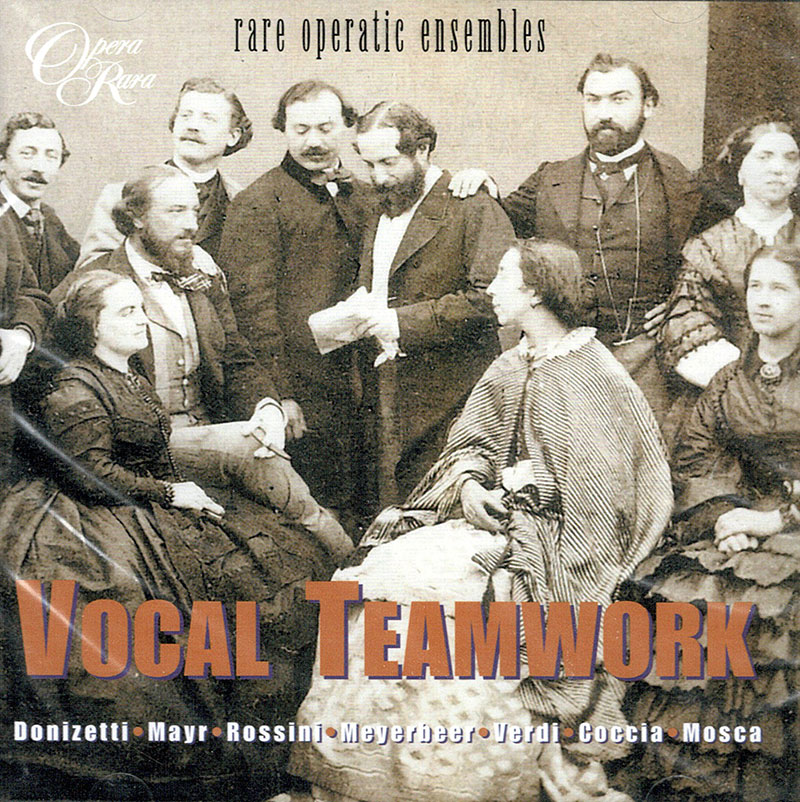
- Gaetano Donizetti L'assedio di Calais, opera (Nonetto 'Raddoppia i baci tuoi') 4:31
- Gioachino Rossini Bianca e Falliero, opera (Duetto. 'Va' Crudel') 9:24
- Giacomo Meyerbeer Dinorah (Le pardon de Ploërmel), comic opera in 3 acts (Duetto 'Il faut se hâter') 3:25
- Giacomo Meyerbeer L'Esule di Granata, opera (heroic melodrama) in 2 acts (Terzetto 'Cara, il soave istante') 8:47
- Saverio Mercadante Emma d' Antiochia, opera (Terzetto 'Cielo! sei tu che il vindice') 3:41
- Gioachino Rossini Ricciardo e Zoraide, opera (Quartetto 'Cessi omai quel tuo rigore') 4:14
- Giuseppe Verdi Macbeth, opera (Quartetto 'Sangue a me quell'ombra chiede') 4:31
- Simon Mayr Medea in Corinto, opera (Quintetto 'Ah! se manco a te di fede') 3:26
- Giacomo Meyerbeer Margherita d'Anjou, opera (melodramma semiserio) in 2 acts (Quintetto 'Oh rabbia! oh furore!') 3:44
- Luca Mosca Li Sposi in cimento (Sestetto 'Siamo marito e moglie') 2:54
- Gaetano Donizetti Gianni da Calais, opera (Sestetto 'Tu in grembo all' innocenza') 5:51
- Ferdinando Paër L'Agnese, opera (Settimino 'Se la smarrita agnella') 12:42
- Gioachino Rossini Guillaume Tell (William Tell), opera (Settimino 'Viva Vallace!') 8:58
- Carlo Coccia Maria Stuart regina di scozia, opera (Nonetto 'Terribil momento') 3:41
- Bruce Ford - tenor
- Majella Cullagh - soprano
- ROSSINI
- MEYERBEER
- MERCADANTE
- VERDI
The expression ‘vocal teamwork’ would simply not have been understood in the 1800’s – yet the development of the operatic form in the 19th century was to a large part dependent on the increasing sophistication of vocal technique and operatic ensemble writing. And ensembles mean teamwork. With the mastering of the ensemble form a number of things happen. We see it being used to advance plot and witness therefore the gradual disappearance of the recitative. But the most significant contribution of the ensemble was the opportunity it afforded composers to convey the simultaneous and differing emotions of the protagonists. We have here many different kinds of ensemble, starting with the elaborate formality of the duet from Rossini’s Bianca e Falliero, and concluding with the emotionally charged nonet from Donizetti’s L’assedio di Calais. Between these is a specially chosen selection of pieces, which shows that this was indeed the great century of ensemble writing. We hope we have been able to convey some of that greatness by offering you these beautiful examples from Opera Rara’s acclaimed recordings.
